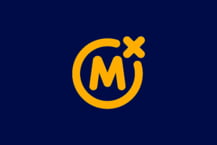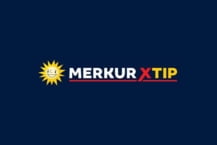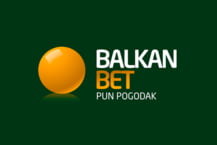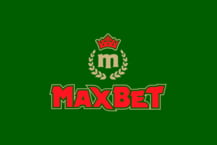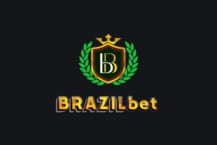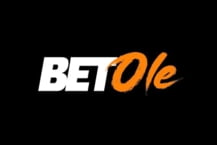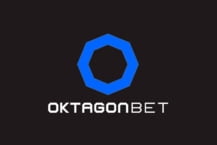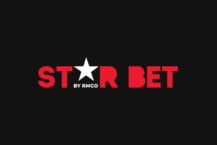After World War II, gambling was strategically used in former Yugoslavia as a means to develop the economy and tourism industry. The Yugoslavian authorities legalized gambling by introducing the Law on Games of Chance in 1962. The gambling activities were divided into two categories: classical games of chance and special games of chance. Classical games of chance (mostly lotteries) were operated by state-owned operators, and special games of chance were available in casinos and slot halls (gaming rooms). Only foreigners were allowed to enjoy casino games or slot machines. The Yugoslavian government exercised strict control of all gambling activities and facilities within the state. The modern Serbian government introduced gambling regulation for land-based gambling and online gambling in 2004 and 2011 respectively. Currently, two land-based casinos, slot halls, sports-betting outlets, a national lottery as well as online gambling platforms operate in Serbia.
According to the official data, the total budget revenues from casino gambling fees in 2017 were about RSD 192.5 million (about EUR 1.64 million).
Laws and Regulators
The Games of Chance Act 2011 regulates gambling in Serbia. The Act put an end to the state monopoly in online gambling.
Gambling is overseen by the Games of Chance Administration (Управа за игре на срећу), a department within the Serbian Ministry of Finance. The Games of Chance Administration is the sole regulatory body in Serbia which handles everything related to gambling, including the licensing, regulations, monitoring, and taxation of all gambling activities and facilities throughout the country (http://www.uis.gov.rs/).
Land Based Casinos
There can only be a maximum of ten casinos in Serbia according to the Games of Chance Act. The ten casinos must be spread throughout Serbia’s regions. Presently, there are only two licensed casinos in operation.
The two casinos in Serbia are located in the capital, Belgrade. The Grand Casino Beograd and Fair Play Casino are situated in large hotels. Players are open to extra hospitality services such as restaurants, bars, accommodations, conference halls, lounges, shops, and cultural events. Both casinos feature gaming tables for blackjack, poker, and roulette and diverse slot machines. The Grand Casino Beograd hosts the Danube Poker Masters Series, which is held in the casino’s poker arena, twice a year.
The casinos are connected to the Games of Chance Administration computer network for regulation purposes. Entrance into any Serbian casino is allowed for players who are 18 or older. Photo ID is required. Locals can verify their identity using any government-issued ID, foreigners can only use passports. Both casinos have a dress code which forbids wearing sunglasses, hats, masks, veils or any other items that cover the face as well as flip-flops, three-quarter trousers, shorts, Bermuda shorts, sleeveless shirts, and sandals with heels or open toes (especially for men).
Online Gambling
In 2011, the Games of Chance Act ended the online gambling monopoly of the State Lottery and allowed operators to apply for an online gambling license in Serbia. Serbia now hosts 12 locally licensed online operators. Serbian players can gamble on licensed gambling websites for sports-betting, lottery games, and casino games. Euro is often used online.
The government blocks unlicensed foreign platforms through ISPs. Players are informed that there is a blacklist of blocked offshore gambling websites.
